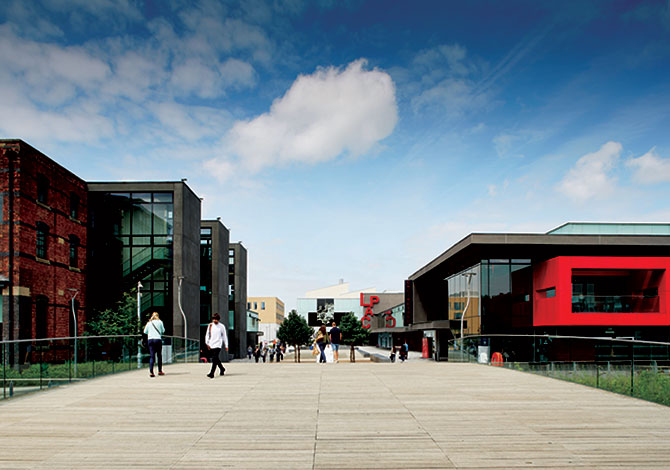The University has a set procedure to investigate allegations of Academic Offences which is contained in Part L of the University General Regulations 2023/24.
If you have received an allegation of an academic offence or find yourself having to deal with an allegation in any way, you can talk to specialist advisers in confidence by emailing: studentsupport@lincoln.ac.uk or calling 01522 837080. We can help you clarify the rules and regulations associated with an academic offence and what options are available to you.
You can also speak to the University Student Union Advice Centre who are able to support and represent you in relation to an academic offence allegation.
Some examples of an Academic Offence are;
- Plagiarism: Plagiarism is the passing off of another person’s thoughts, ideas, writings, or images as one’s own.
- Collusion: A student colludes when they submit work for assessment done in collaboration with another person as entirely their own work or collaborates with another student to complete work which is submitted as that other student’s work.
- Self-plagiarism: Self-plagiarism is the re-submission in whole or in part, without proper acknowledgement, of any work by the student for which credit has already been claimed as part of the same or another award.
- Misleading material: Inclusion of data which has been invented or obtained by unfair means.
- Cheating: Any irregular behaviour during live assessments such as the unauthorised possession of notes; the copying of another candidate’s work; the use of programmable calculators and other equipment when this has been forbidden; the unauthorised obtaining of examination papers.
- Misconduct in Research: The fabrication or falsification of data; misrepresentation of data and/or interests and or involvement, or the failure to follow accepted procedures or to exercise due care in carrying out responsibilities for avoiding unreasonable risk or harm to research subjects or participants or the environment.
- Contract Cheating: The outsourcing of assessment work, in whole or in part, to any third party, whether a commercial provider, current or former student, or acquaintance or family member.
- Use of Artificial Intelligence (AI): The unauthorised use of AI, in whole or in part.
As of 28 April 2022, it became a criminal offence to provide, or arrange (including via any advertisement) for another person to provide, contract cheating services (i.e., essay mills) for financial gain. These companies are now illegal. It is vital that students seek appropriate support from within the University (i.e., Personal Tutor, Student Support Centre) if they are struggling with assessments.
In the majority of cases: If you are found guilty of an academic offence in the third year of your undergraduate programme, then you will not be able to graduate with an honours degree. Postgraduates will not receive the full postgraduate award.






